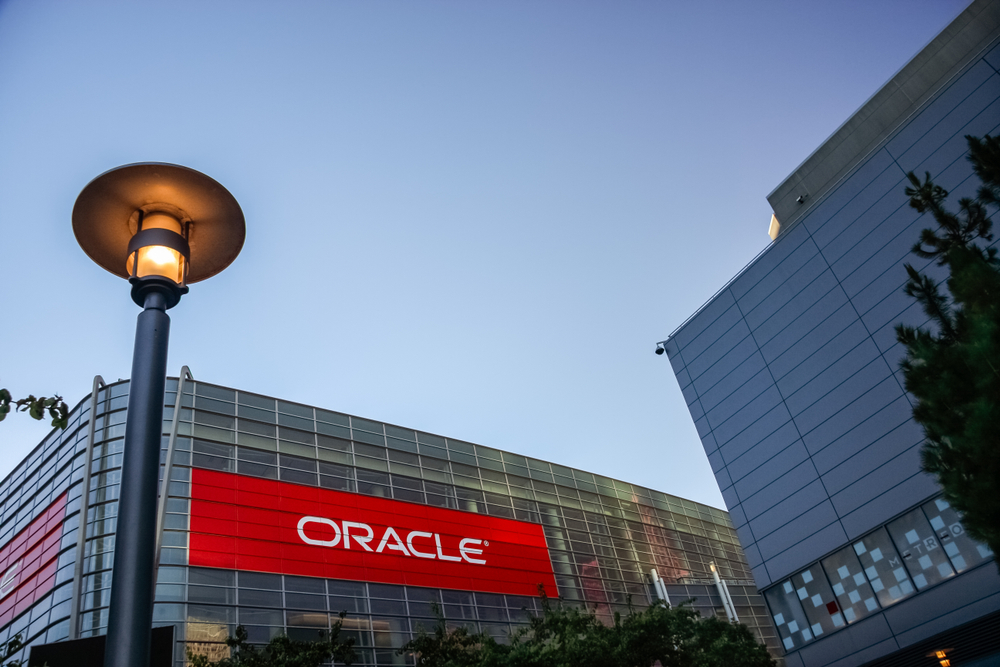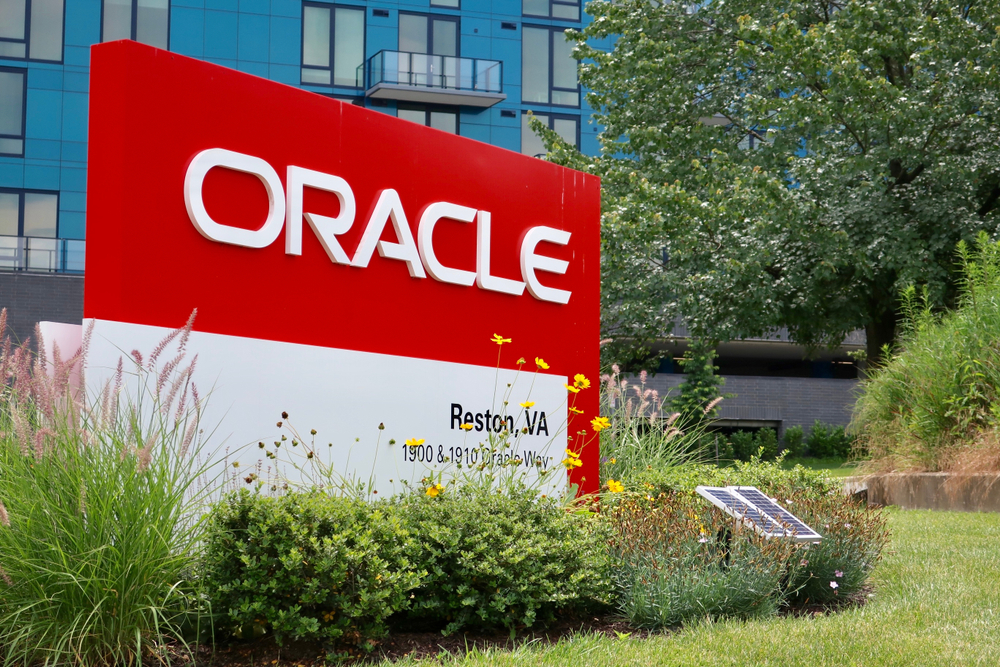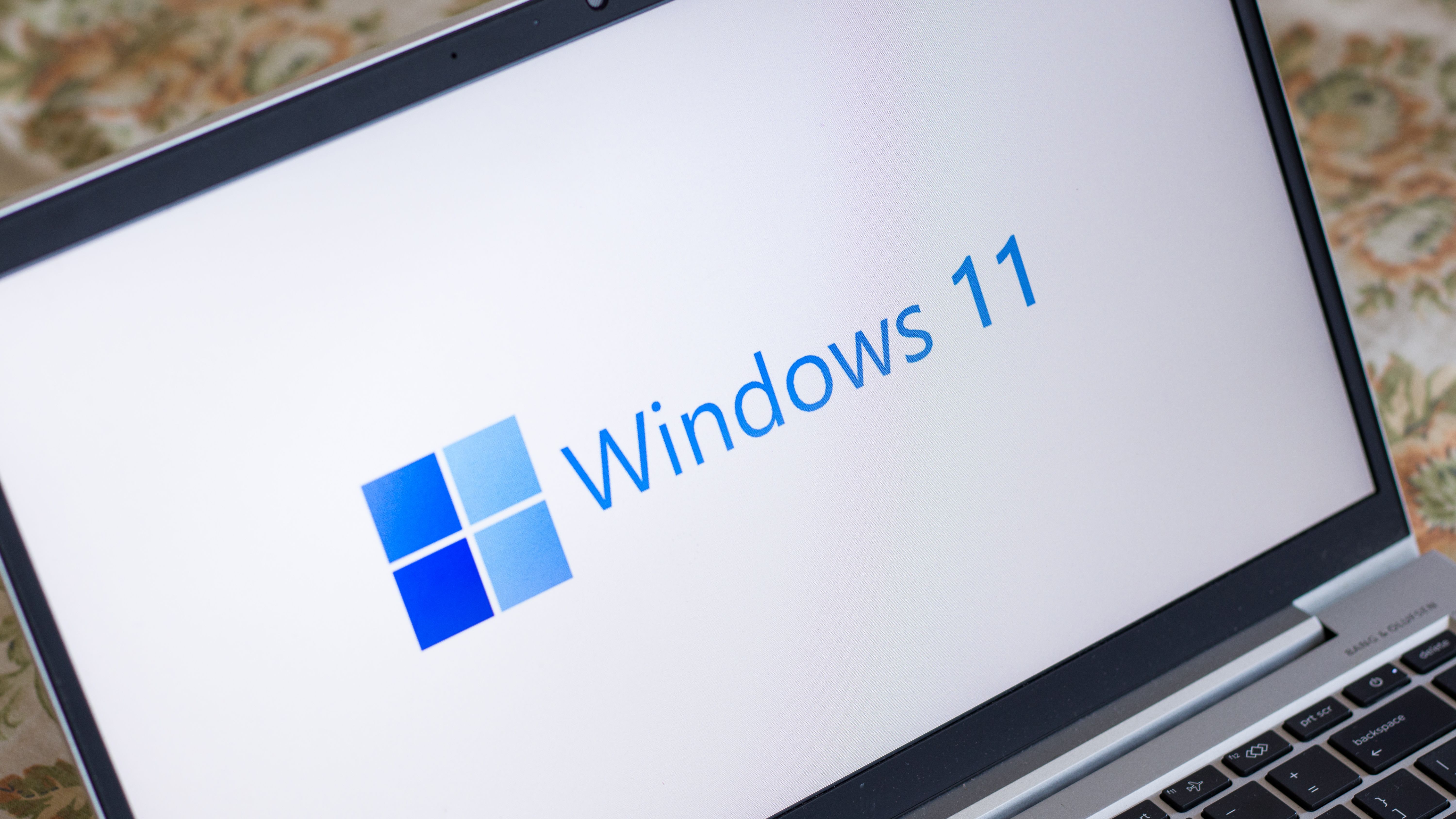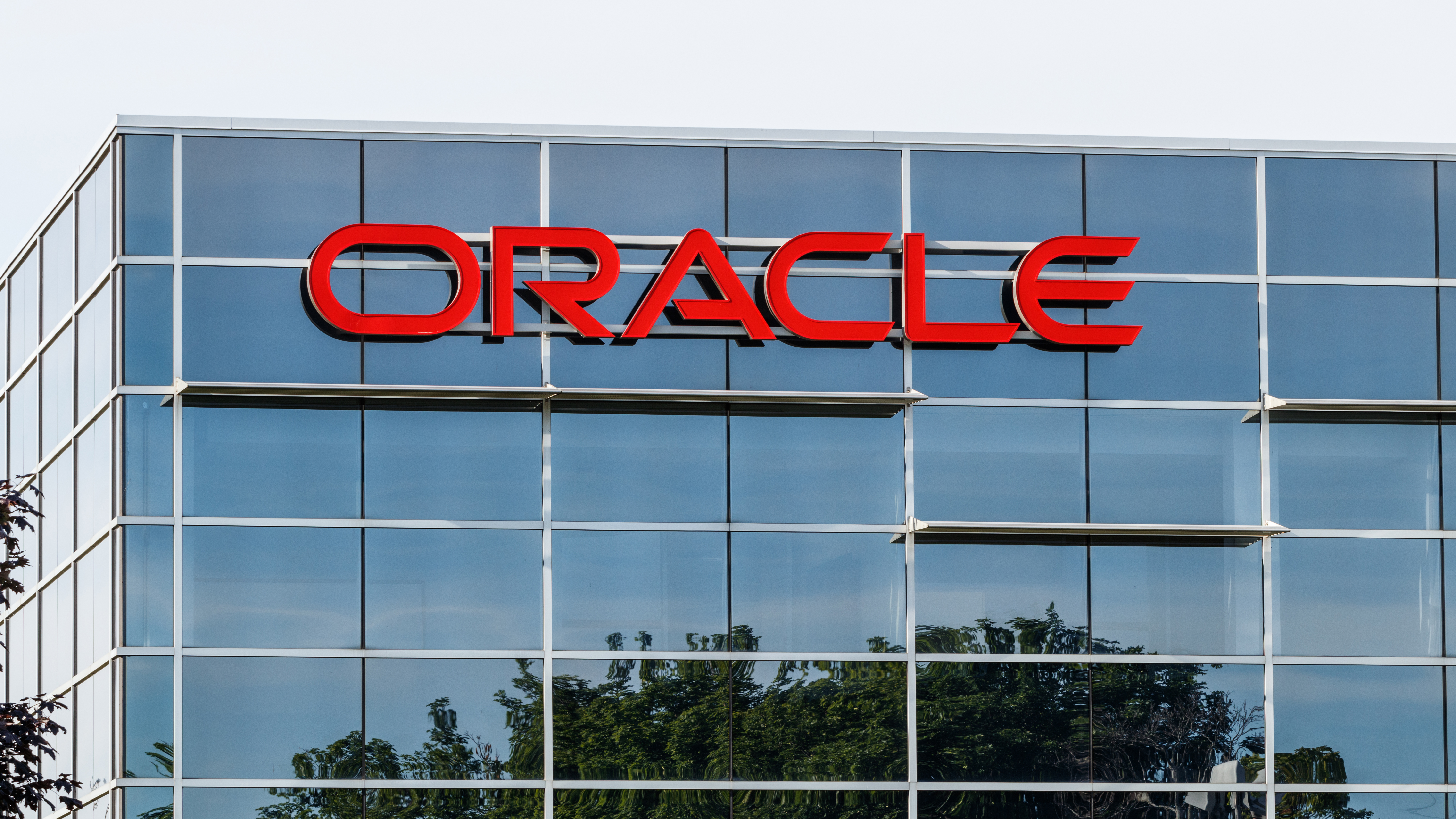Google accused of more Java pilfering
A software patent blogger claims Google took more code than Oracle highlighted in court papers filed last year.


Google has been accused of taking more Java code to use in its Android mobile operating system.
Open source advocate and software patent blogger Florian Mueller claimed he had found as many as 37 files marked "Proprietary/Confidential" in Android which had been taken from Oracle's Java code.
Alongside the initial seven alleged instances of copyright infringement, Mueller said he had discovered six more files in another directory which showed the "same pattern of direct copying."
"All of them were apparently derived with the help of a decompiler tool," Mueller said in a blog.
"Those files form part of Froyo (Android version 2.2) as well as Gingerbread (version 2.3), unlike the file presented by Oracle."
Last year, a lawsuit between Google and Oracle kicked off, with the latter handing papers over to a federal court, suggesting Java code was pilfered by the search giant.
Google claimed Oracle had redacted or deleted important material when Larry Ellison's firm produced a comparison between the Android code and Java.
Get the ITPro daily newsletter
Sign up today and you will receive a free copy of our Future Focus 2025 report - the leading guidance on AI, cybersecurity and other IT challenges as per 700+ senior executives
Mueller claimed six of the files had been relicensed under the Apache license without permission.
In a follow-up blog post, Mueller has also suggested the Oracle code he had discovered could also be found in "open source code distributions of different Android device makers, including at least Motorola, LG, and Samsung."
"I'm sure those companies didn't intend to infringe Oracle's rights. They probably relied on the presumed legality of the Android codebase," he said, admitting he had not been able to check whether the relevant code was also shipped with the devices themselves.
Other vendors, including HTC and Dell, have removed the related files from their own source code.
Google chose not to comment on the situation.
From the man himself
IT PRO caught up with Mueller this morning, who said he had not been contacted by Oracle about the findings yet.
Mueller had previously voiced his opposition to Oracle's acquisition of Sun, Java's original developer.
"What I want is what a lot of people want just to try to figure out from the outside what is going on inside that black box... that this legal case is [based around]," Mueller said.
"My impression when I saw Google's response to Oracle was that [they threw] in the kitchen sink, in terms of raising lots of defences."
He suggested Google has tried to "clutch at every straw they have" in order to prove Oracle wrong.
Tom Brewster is currently an associate editor at Forbes and an award-winning journalist who covers cyber security, surveillance, and privacy. Starting his career at ITPro as a staff writer and working up to a senior staff writer role, Tom has been covering the tech industry for more than ten years and is considered one of the leading journalists in his specialism.
He is a proud alum of the University of Sheffield where he secured an undergraduate degree in English Literature before undertaking a certification from General Assembly in web development.
-
 Westcon-Comstor and Vectra AI launch brace of new channel initiatives
Westcon-Comstor and Vectra AI launch brace of new channel initiativesNews Westcon-Comstor and Vectra AI have announced the launch of two new channel growth initiatives focused on the managed security service provider (MSSP) space and AWS Marketplace.
By Daniel Todd Published
-
 Third time lucky? Microsoft finally begins roll-out of controversial Recall feature
Third time lucky? Microsoft finally begins roll-out of controversial Recall featureNews The Windows Recall feature has been plagued by setbacks and backlash from security professionals
By Emma Woollacott Published
-
 Organizations shift away from Oracle Java as pricing changes bite
Organizations shift away from Oracle Java as pricing changes biteNews A survey from Azul Systems finds that, along with cost, customers cite a preference for open source and the threat of a Java usage audit
By Emma Woollacott Published
-
 Why Java 17 growth is ‘exploding’
Why Java 17 growth is ‘exploding’News Java 17 is now the most popular LTS version, according to application data from New Relic, but what's driving this growth?
By Steve Ranger Published
-
 SuiteWorld 2023: NetSuite's day-two announcements
SuiteWorld 2023: NetSuite's day-two announcementsLive Blog Keep up-to-date with all the day-two announcements from NetSuite SuiteWorld 2023
By Rory Bathgate Last updated
-
 Can Oracle really be Linux's knight in shining armor?
Can Oracle really be Linux's knight in shining armor?Opinion The self-proclaimed champion of open source freedom would like you to forget about its history
By Richard Speed Published
-
 Oracle’s Java subscription changes spark concerns over cost hikes for smaller businesses
Oracle’s Java subscription changes spark concerns over cost hikes for smaller businessesNews Smaller businesses could incur significant cost hikes as high as 1,400% with most new customers expected to pay at least double
By Ross Kelly Published
-
 Oracle to launch 14 new cloud regions over the next year
Oracle to launch 14 new cloud regions over the next yearNews The company wants to support the demand for its customers as it looks to open at least two regions in each country it operates
By Zach Marzouk Published
-
 Windows 11 has problems with Oracle VirtualBox
Windows 11 has problems with Oracle VirtualBoxNews Microsoft confirms compatibility issues as new operating system makes its debut
By Rene Millman Published
-
 Oracle plans $1.2 billion campus in Nashville, Tennessee
Oracle plans $1.2 billion campus in Nashville, TennesseeNews The company is building ‘new digital hubs’ to meet demand for its cloud products
By Mike Brassfield Published